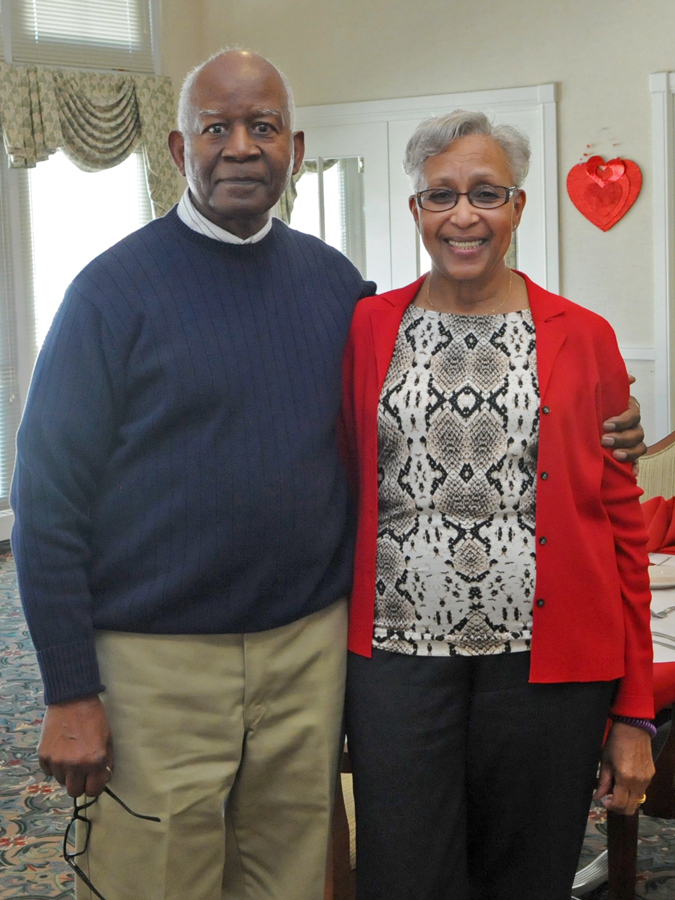Senior Care Lingo: Defining the Terms (Jan. 2018)

In today’s senior care/senior living landscape, it seems like there are SO MANY confusing terms and expressions that one can easily become overwhelmed. And as much education as we try to provide, we still get a lot of questions about the different terminology.
With that said, we like to occasionally put out an article that defines some of the terms you may hear and answers some of the questions you may have in your search for senior care or a senior living community, or if you or a loved one is currently receiving senior care services. (Here are links to past articles on this subject: January 2017 and October 2016.)
What is the difference between Medicare and Medicaid, as it relates to senior care?
The simplest way to delineate between the two programs is to remember that Medicare is an insurance program, while Medicaid is an assistance program. According to the U.S. Department of Health & Human Services, Medicare serves people over 65 primarily, whatever their income. Patients pay part of the costs through deductibles for hospital and other healthcare costs. Medicaid serves low-income people of every age. Patients usually pay no part of costs for covered medical expenses. A small co-payment is sometimes required. Medicaid is a federal-state program. It varies from state to state and is run by state and local governments within federal guidelines.
TYPICALLY, both programs are only applicable for skilled nursing and rehabilitation services, and only up to a certain threshold. Personal care/assisted living is not usually covered by either Medicare or Medicaid. It is important to understand that to receive Medicaid (medical assistance), patients must go through a formal application process that usually takes a couple months. Per the regulations – not the facility – one must meet both medical and financial criteria to qualify.
What does “Rehabilitation Potential” mean?
Rehabilitation Potential refers to how much progress can realistically be expected in your therapy, based on your particular situation and ailment. One’s Rehabilitation Potential is often limited by what happened to them. If your loved one had a stroke, for example, he/she may never be able to use the paralyzed side of the body again – but through therapy, he/she may be able to learn to compensate with their unaffected side. It’s essentially a term and metric that is used to help ensure realistic expectations after therapy.
Why does my loved one need Occupational Therapy when he/she hasn’t worked in years?
Occupational Therapy isn’t necessarily designed to get a patient back to “work” – it is to help restore basic functional skills and enable people to participate in the activities of everyday life. “Occupations” include things people need to, want to and are expected to do. For example, after a stroke, Occupational Therapy may work to improve your loved one’s ability to button their shirt, brush their teeth, reach for objects on a shelf and cook for themselves. While tasks like these seem very ordinary, for someone recovering from certain ailments, they often need re-learned.
What is the difference between the Long-Term Skilled Nursing and Short-Term Skilled Nursing service lines?
This may seem like common sense, but since both of these service lines fall under “skilled nursing care,” there can sometimes be confusion. Many people require Short-Term Rehabilitation following a fall, surgery or hospital stay, before returning to their homes. The staff works closely with patients and their families to ensure the best possible results, which means a smooth transition back to their home environment. Individuals in Long-Term Nursing Care also receive assistance from various professionals, including a medical director, nurses, therapists, social workers, dietitians and many more; however, they typically require a higher level of around-the-clock care. Oftentimes, patients in Long-Term Skilled Nursing have an ailment that requires them to permanently move to the facility (often referred to as a nursing home). Most Long-Term Skilled Nursing facilities have evolved significantly from the institutional environments of the past, and include a full calendar of activities, special events and outings, wellness programs and more. The goal for residents is not to just stay idle – we want those in our care to thrive.
Whatever senior care services you are looking for in western PA or eastern OH, whether for yourself or your loved ones, check out what all of the Concordia locations and home care services can provide for you. With a wealth of care levels and services, finding the right fit for your senior or health care needs is easier than ever. Call our administrative headquarters at 724-352-1571 or message us through our online contact form to ask about what Concordia can do for you.
Get Updates From Concordia
There is always a LOT happening at Concordia! Would you like to stay up-to-date with our news and events? Sign up for our monthly e-newsletter here.